On 14 February, Indonesians are set to elect a new leader, marking the end of President Joko Widodo’s nearly decade-long term. His sustained popularity, a rarity for long-serving leaders in democracies, has garnered international acclaim. President Widodo, known for his amiable and economically-driven approach, prioritized boosting the economy of the world’s third-most populous democracy and attracting foreign investments.
Also Read: Hamilton Joins Ferrari for 2025 F1 Season, Leaving Mercedes
Leadership Dilemma for Indonesia: Navigating Geopolitical Balancing Act and Environmental Concerns
The incoming leader faces a delicate balance with Indonesia’s major partners, China and the United States, both embroiled in South China Sea disputes, an area where Indonesia also asserts its rights. Balancing the preservation of Indonesia’s delicate environment against the demand for exploiting its valuable natural resources adds another layer of complexity. Joko Widodo, or Jokowi, has so far opted for a non-confrontational approach, avoiding power projection as Southeast Asia’s largest economy, and, in return, securing essential funding from foreign partners.
Also Read: Indian-American student found dead in Ohio, third such incident in weeks

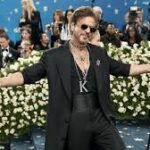


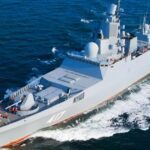

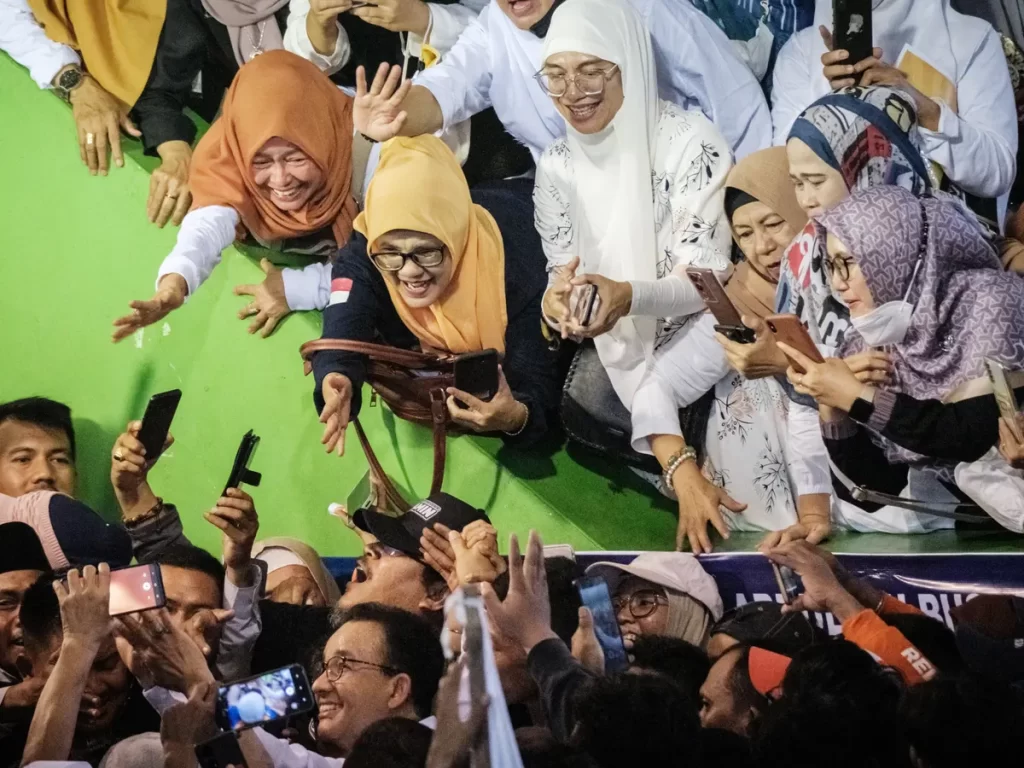
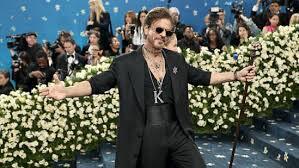


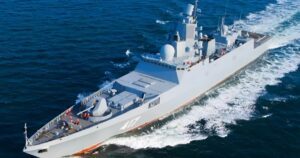
More Stories
Shah Rukh Khan stuns with a regal debut at Met Gala 2025, posing and owning the spotlight.
2 NEET Students From Telangana Die By Suicide
इंडियन नेवी को जल्द मिलेगा ‘तमाल’ वॉरशिप, घातक मिसाइल से लैस